Warning: The following article contains spoilers for ‘The Last of Us’ episode three, Long Long Time.
The latest episode of the HBO series The Last of Us has unveiled more details about the characters who live in this apocalyptic world and compared it to what it was back in 2003. But one of the biggest questions that were yet to be answered was how the Cordyceps brain infection started. Fortunately, the latest episode might have confirmed a long-running fan theory when the series began.
In episode three, titled “Long Long Tine,” Ellie asked Joel about what life was like before the outbreak. The young girl was surprised that people soared through the skies in airplanes and how her school didn’t teach how the previous government was unable to prevent the outbreak from getting worse. She then asked Joel about how the infection started, to which he gave an answer that might please keen-eyed fans.
According to Joel in the show, he theorized that the Cordyceps fungi mutated to the point where it ended up in the food supply. More specifically, in common food ingredients. Joel’s answer was a common theory amongst viewers and could have probably confirmed how the outbreak began.
“No one knows for sure. But best guess, Cordycepts mutated. And some of it got into the food supply. Probably a basic ingredient like flour or sugar. There were certain brands of food that were sold everywhere, all across the country, across the world. Bread, cereal… pancake mix. If you eat enough of it, it’ll get you infected. So the tainted food all hits the store shelves around the same time, Thursday. People bought it, ate some Thursday night or Friday morning. Day goes on… they started to get sick. Afternoon, evening, they got worse. Then they started bitin’.”
Throughout episode one, there were clues that could prove Joel’s theory. For starters, there was a news report about Jakarta, Indonesia, a place that’s known to have the largest flour mill in the world. Also, it was seen throughout the episode, that Joel, Sarah, and Tommy avoided any food that contained traces of flour, like cookies, cake, and pancakes. These food items contain the ingredients that Joel mentioned during his explanation to Ellie.
The Last of Us showrunners, Neil Druckmann and Craig Mazin, has hinted about the origins of the virus in various podcasts and interviews, and how it could be traced back to flour. They also said in The Last of Us podcast that careful viewers will be “rewarded repeatedly” because “little bits of breadcrumbs have been planted” and will be paid off. So perhaps Joel’s small explanation to Ellie might be part of the showrunners’ way of rewarding fans who were paying close attention to the show.
Episode three of The Last of Us is now available on HBO Max.



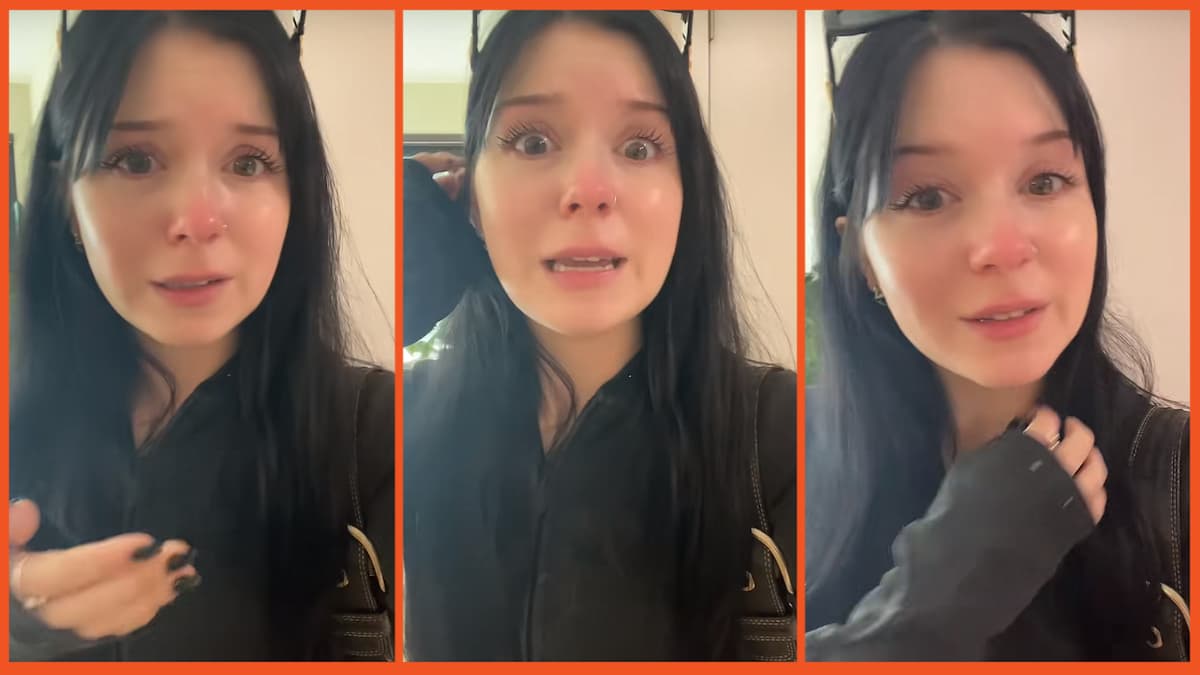
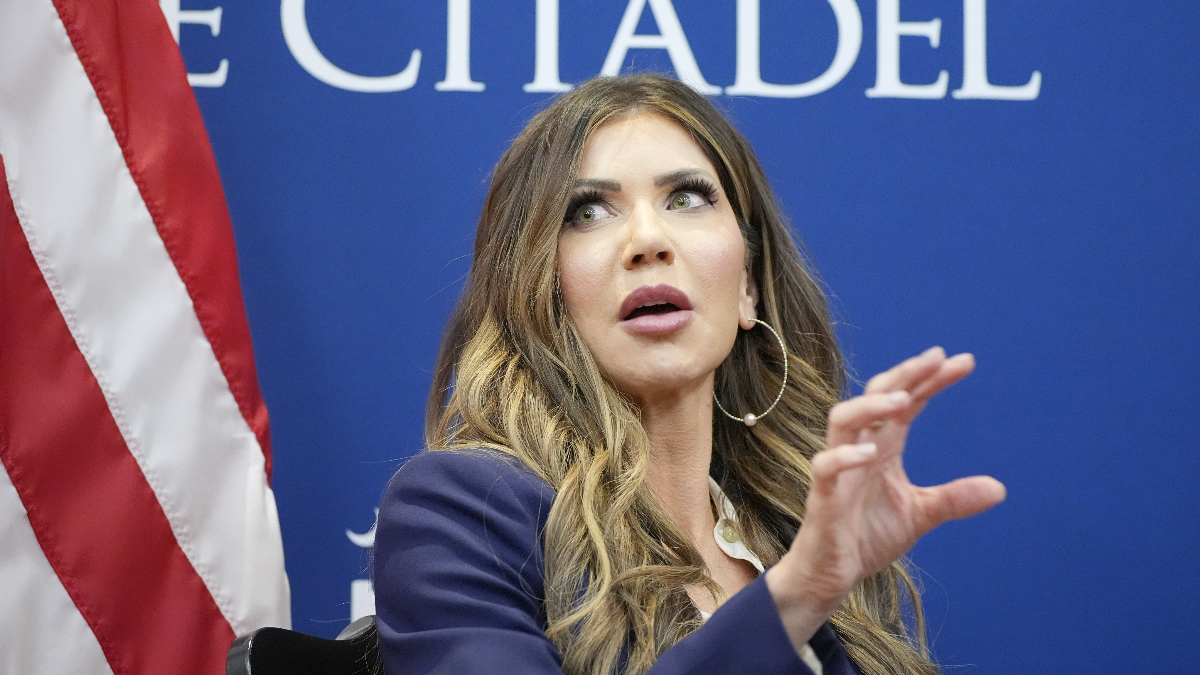
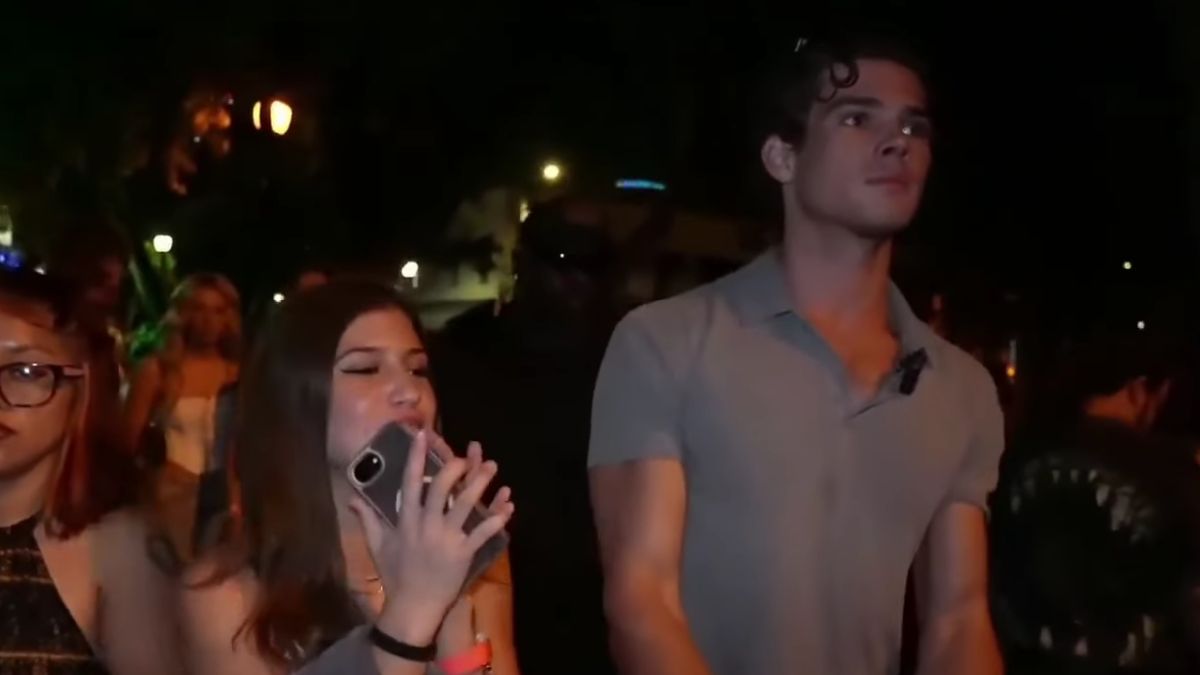
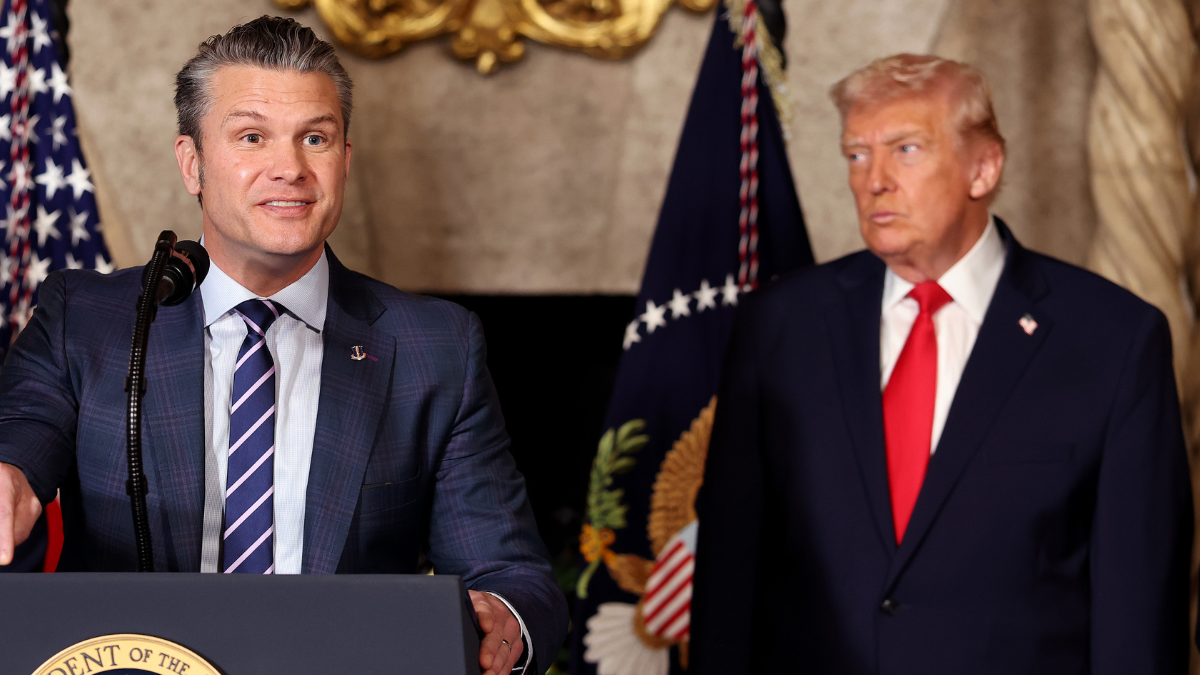
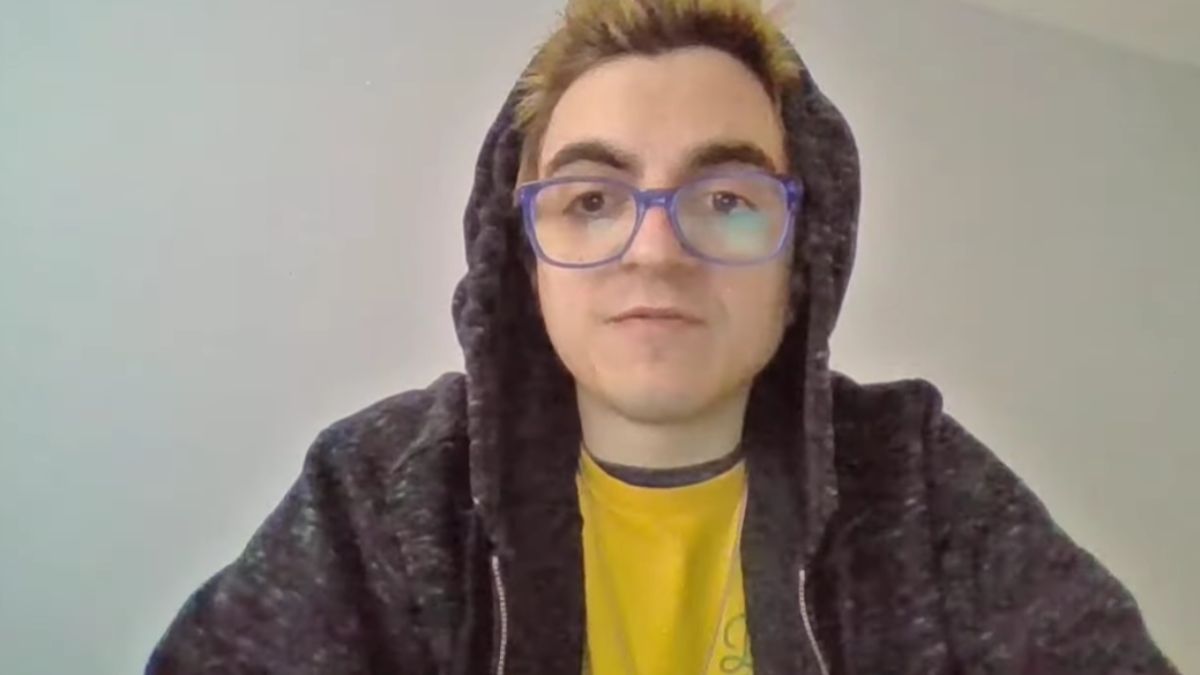

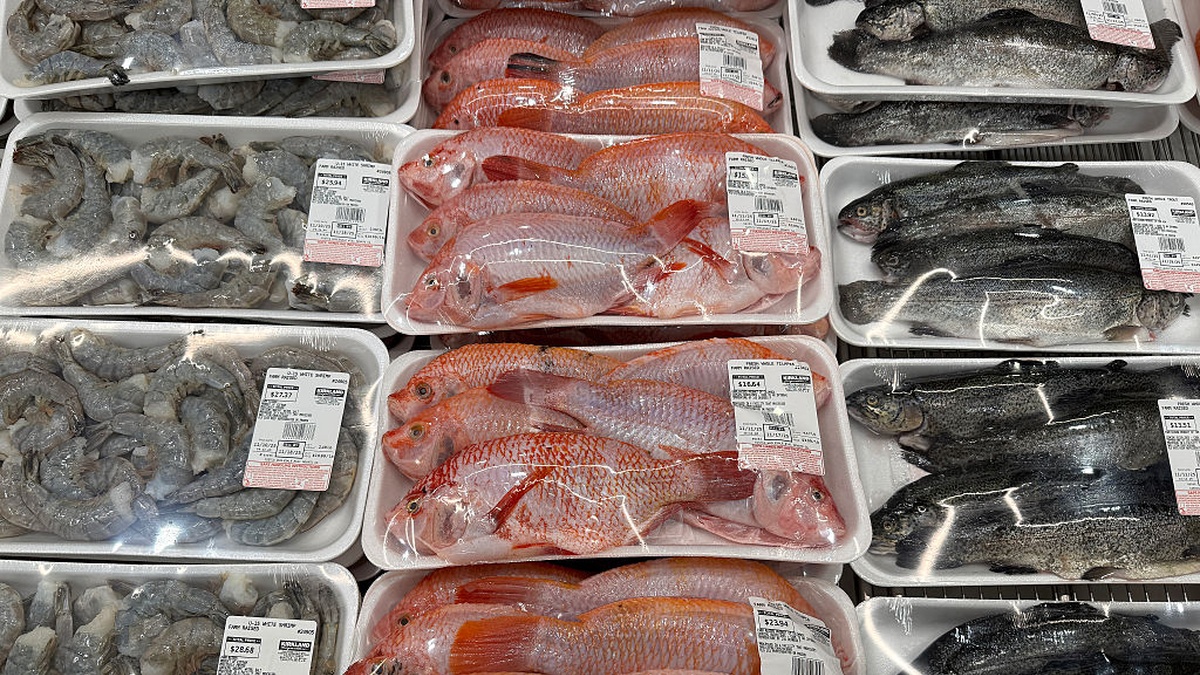
Published: Jan 29, 2023 11:02 pm